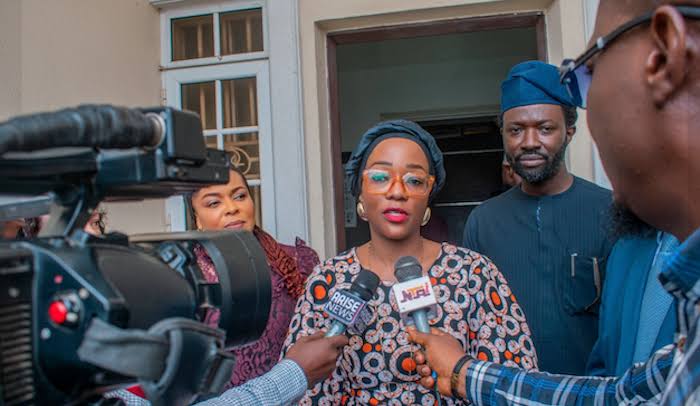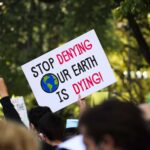The National Council on Climate Change (NCCC) has called for increased domestic and international funding to bridge the gap in Nigeria’s Nationally Determined Contribution (NDC) 3.0.
Nationally Determined Contributions (NDCs) form the backbone of the Paris Agreement, outlining how each country plans to cut emissions and adapt to climate change. They reflect national targets to keep global warming well below 2°C, aiming for 1.5°C.
Nigeria’s NDC 3.0 aims to reduce emissions and adapt to climate impacts in line with the Paris Agreement, the global framework guiding national climate action and international support.
The director-general of the council, Teni Majekodunmi, made this appeal at a workshop in Abuja on the validation of Nigeria’s NDC 3.0, themed “Driving ambition, strengthening action and aligning with Paris Agreement and global stock take.”
Majekodunmi explained that the funding gap threatens Nigeria’s ability to meet its emission reduction targets and adapt effectively to climate impacts.
She stressed that significant investments are needed across sectors, including energy, agriculture, forestry, land use, transport, industry, oil and gas, water resources, and health.
She listed possible financing options such as the Green Climate Fund, the Adaptation Fund, bilateral and multilateral climate finance facilities, public-private partnerships, as well as innovative tools like green bonds and blended finance mechanisms.
“In addition to external support, we recognise the urgent need to mobilise domestic resources, reform fiscal frameworks, and incentivise private sector investment in low-carbon development,” Majekodunmi said.
She added that implementation would also require investment in human capital and institutional capacity, particularly in data collection, monitoring, and reporting.
The NCCC boss urged developed countries to fulfil their commitments under the United Nations Framework Convention on Climate Change (UNFCCC) and the Paris Agreement, especially on technology transfer and support for innovation in developing nations.










